As we step into 2025, the demand for practical self-help is stronger than ever.
We spoke to leading north-east experts to share their insights for thriving in the year ahead.
Here, Emma Hepburn, a psychologist and best-selling author, Susi McWilliam, founder of Aberdeenshire’s Spirit and Soul, and Aberdeen well-being coach Cally Falconer offer their tips for navigating 2025.
Emma Hepburn, Aberdeen psychologist, author, illustrator and Instagram’s ThePsychologyMum
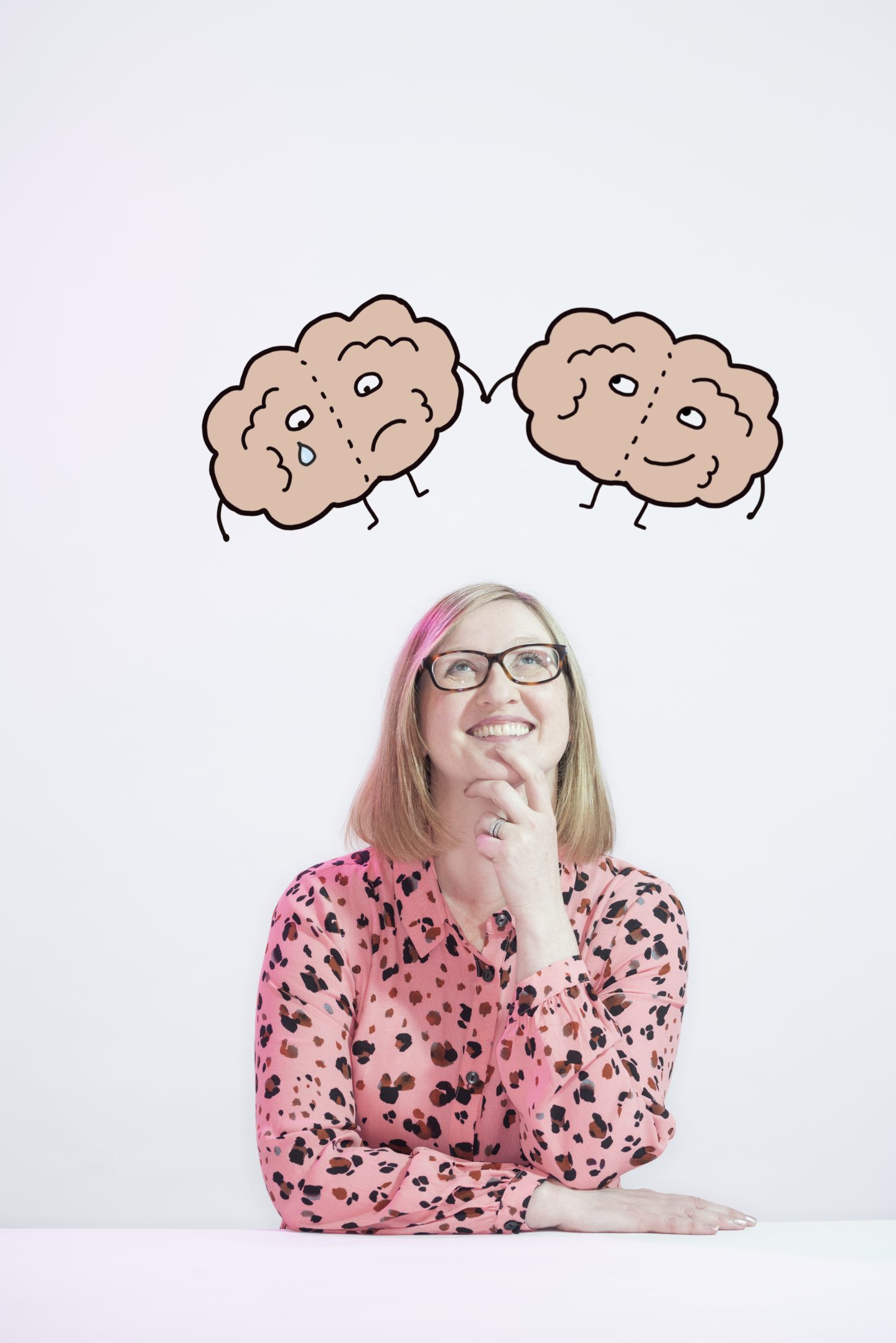
What self-improvement plans are at the top of your list for 2025?
Emma Hepburn: I don’t have any big self-improvement plans, but I do have small things I’d like to change.
Last year, I decided to address my mobile phone use and how it was affecting me. I started leaving my phone downstairs when I went to bed. As a result, I’m sleeping better and reading more, which shows how a small change can have a broader impact.
This year, I want to make other small changes with my tech use, such as checking emails and social media at set times rather than allowing them to constantly interrupt my attention throughout the day. I’d also like to have some device-free evenings, though I’m not sure my kids will agree!
How do you plan to set realistic and meaningful goals for the upcoming year?
Emma Hepburn: I used to set myself big, long lists of New Year’s resolutions that I was unlikely to achieve, which left me feeling a bit deflated later in the year. Research suggests most New Year’s resolutions are abandoned by February. Now, I base any goals I set on evidence of what works. I tend to look at small actions I can take that fit into my daily or weekly routine, and this approach has worked much better for me.
I also set positive, specific goals that make me feel good. For example, I’ve enjoyed attending a weights class once a week over the past year, so now I’d like to increase this to twice a week. SMART goals (specific, measurable, achievable, realistic, and time-bound) tend to have better outcomes.
I also enjoy walking, but January is a dreich and dark time, so I may focus on this more from February onwards.
Do you have any programmes or books you’d recommend for readers?
Emma Hepburn: I may be biased but my first book ‘A Toolkit for Modern Life’ speaks about how we can build helpful goals into our lives and uses illustrations to help you do this. My most recent book looks at how we can understand our emotions better to help us live our lives in line with our values.
I recently really enjoyed Oliver Burkeman’s ‘Meditation for Mortals’. Although the title put me off a bit initially, I found it really helpful as it talks about our beliefs about how we use our limited time and how we live our lives generally.
Emma Gannon’s ‘The Success Myth’ was also great to consider how we think about success and how this can drive behaviours that are unhelpful to us including being far too busy all the time!
Emma has designed the Psychology Mum 2025 calendar for north-east charity LATNEM to raise funds for its work supporting mums and birthing people with their mental health. Order one here for a minimum donation of £12.50.
Susi McWilliam, Aberdeenshire wellbeing coach, author and podcaster
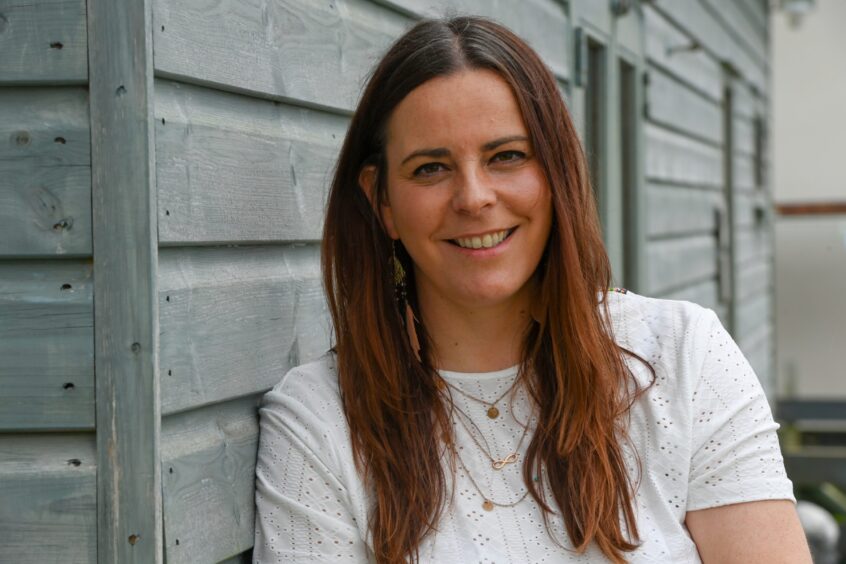
What self-improvement plans are at the top of your list for 2025?
Susi McWilliam: For me, 2025 will be about reducing cortisol and stress in my body, boosting my confidence, and supporting my mindset. As a woman in her mid-forties, I’m going through significant changes due to perimenopause, so I’m very conscious about supporting myself in every way I can. Physically, I plan to continue building my strength (I began weight training in 2024) and combining this with time in nature, gentle walks, yoga, pilates and qigong.
Is there one key habit or practice that you believe will be essential for growth in 2025?
Susi McWilliam: In 2025, I believe it will be essential for people to become more mindful and intentional with their use of technology and social media.
Developing greater awareness, consciousness, and mindfulness towards life is critical. Over the years, I’ve worked with adults and children with anxiety and have seen how much energy, time, distraction, and mood disruption social media can cause. Attention spans have shortened since the COVID pandemic, with many clients struggling to read books or stay engaged with hobbies or conversations.
We need to relearn how to slow down, be present, and understand that we can control our minds. Meditation, mindfulness, spending time in nature, and engaging in offline hobbies can support people of all ages with this.
What advice do you have for anyone looking ahead to a potentially difficult 2025 financially?
Susi McWilliam: Shopping excessively used to be my go-to coping mechanism. When I was younger, I even appeared on the BBC series The Bank of Mum and Dad because of my shopping habits and debt. These days, being financially savvy is central to maintaining positive mental health and well-being.
We often shop to meet emotional needs like connection, joy, or happiness, but emotions only last about 90 seconds in the body. That’s a lot of shopping to keep hitting those high-vibe emotions!
My advice is to start tracking your spending and create a budget. Go through old bank statements and list how much you’re spending on essentials like utilities, insurance, eating out, and groceries. Then, identify areas where you can cut back. Prioritise what’s truly important to you and create a plan that aligns with your values. Reduce spending where you can, and redirect the rest towards areas that bring you joy and fulfilment.
Was there anything you learned in 2024 that helped your health and well-being?
Susi McWilliam: 2024 was a significant year for learning about health and well-being. I faced many challenges in both areas, and the key lessons I took away were self-compassion, patience, and surrender.
My mental and physical health were tested, but through kindness to myself, a daily gratitude and meditation practice, and spending time in nature, I managed to navigate big life changes.
I also learned the importance of seeking support from specialists or others who can help. You don’t have to do it all on your own. Challenges are part of life, but time, patience, and resilience will carry you through. Be kind to yourself and notice the difference it makes.
Do you have any specific programmes or books you’d recommend for readers in 2025?
Susi McWilliam: Books are such a personal thing. Is there an area you would like support with or to improve? Then find a book that can help you with that. Is there something you are interested in, a hobby maybe then why not find a book about that and deepen your knowledge.
One thing I love to do each year is to set a Goodreads Challenge. Goodreads is a free app where you can log the books you’re reading, rate them and get inspired by others. You can set a challenge for the year and work your way through as the months go on. That way you’re getting that little bit of dopamine and reward for your reading to keep you inspired.
Cally Falconer, Aberdeen life coach with The Self-Love Subscription
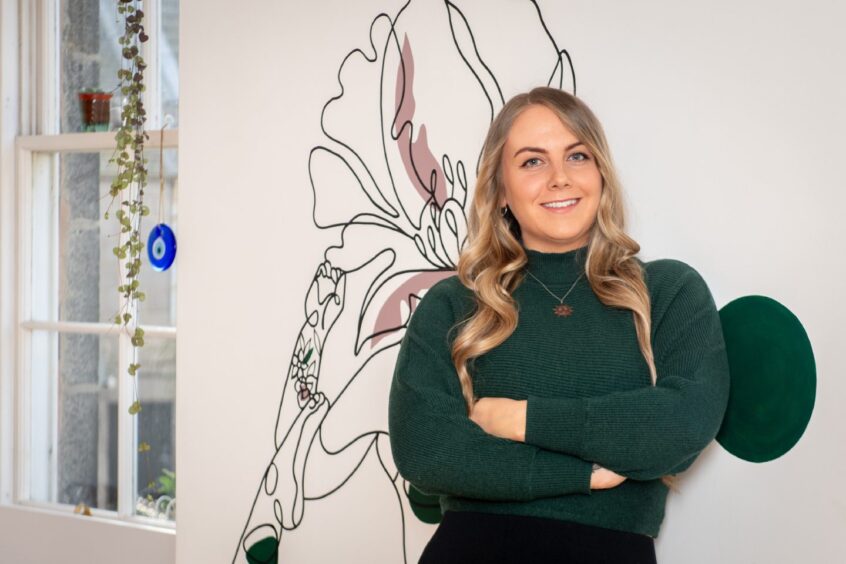
What self-improvement plans are at the top of your list for 2025?
Cally Falconer: I aim to be more present, fill my weeks with activities I love, and spend quality time with the people who matter most. My focus will be on refining and elevating my daily routines, as I know how pivotal they are for both well-being and productivity. I regularly reflect on my experiences, thoughts, feelings, and behaviours, which helps me understand myself better and continuously evolve.
Is there one key habit or practice that you believe will be essential for growth in 2025?
Cally Falconer: Two practices stand out for me: journalling and meditation. Journalling is a powerful way to process feelings and gain clarity. With so much going on in our minds, writing it down helps us untangle our thoughts and understand how we truly feel, allowing us to move forward.
Meditation, on the other hand, provides a much-needed mental reset. In our busy lives, our minds are constantly bombarded with information. A guided meditation can help focus the mind on a single point and recharge your mental energy.
How do you plan to set realistic and meaningful goals for the upcoming year?
Cally Falconer: I like to start with the big picture, writing down long-term aspirations, then breaking them into 1-year, 3-month, and 1-month goals. From there, I identify actionable steps that I can take immediately. The key is to avoid overwhelm — tackle one step at a time and remember to celebrate every win, big or small. It’s all about enjoying the journey as much as the destination.
What advice do you have for anyone looking ahead to a potentially difficult 2025 financially?
Cally Falconer: Finances often reflect our beliefs around money. Many of us grow up with limiting beliefs, such as “money doesn’t grow on trees” or “there’s never enough.” While managing money wisely is essential, it’s equally important to reframe these beliefs into more empowering ones. Practise gratitude for the abundance in your life, whether that’s a warm home, a fridge full of food, or the love of those around you. Shift from a fear-based mindset to one of trust.
Alongside this, create a relaxed budget. Know what’s essential and what’s available for enjoyment or investment in areas that truly matter to you. Balancing gratitude with practical financial habits can make a significant difference.
Do you have any programmes or books you’d recommend for readers in 2025
Cally Falconer: I love reading self-improvement books. Some of the ones I have found most impactful are ‘The Power of Now’ by Eckhart Tolle, ‘The Subtle Art of Not Giving a F*ck’ by Mark Manson and ‘Atomic Habits’ by James Clear.
Was there anything you learned in 2024 that helped your health and well-being?
Cally Falconer: Walking daily has been transformative for my mental and physical health. It’s easy to skip when the weather isn’t great, but I’ve realised that even short walks can dramatically boost my mood. Moving your body, breathing fresh air and stepping away from screens are invaluable.
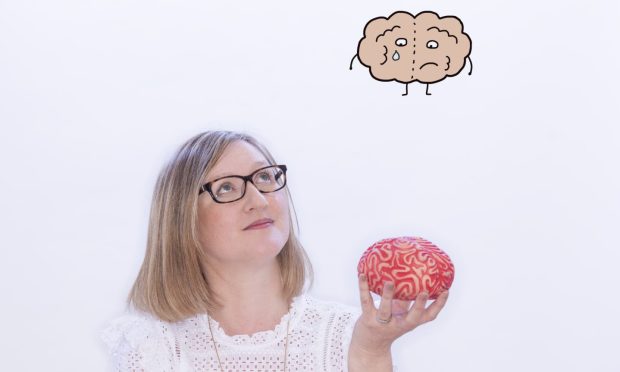
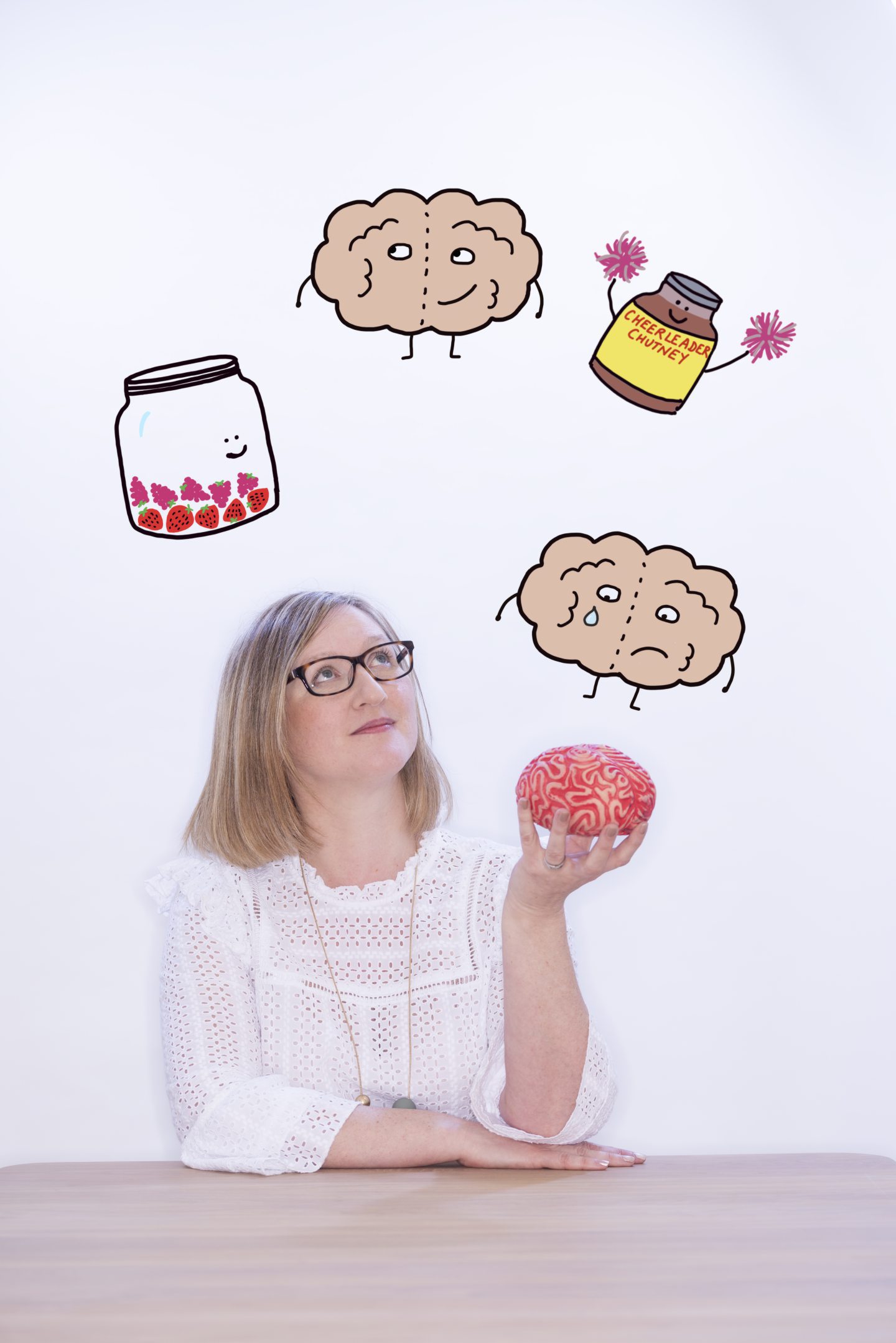
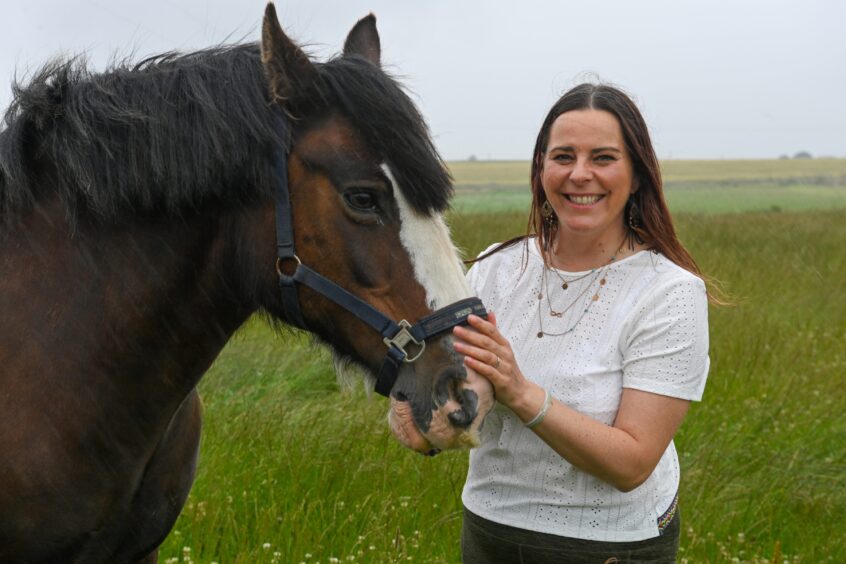
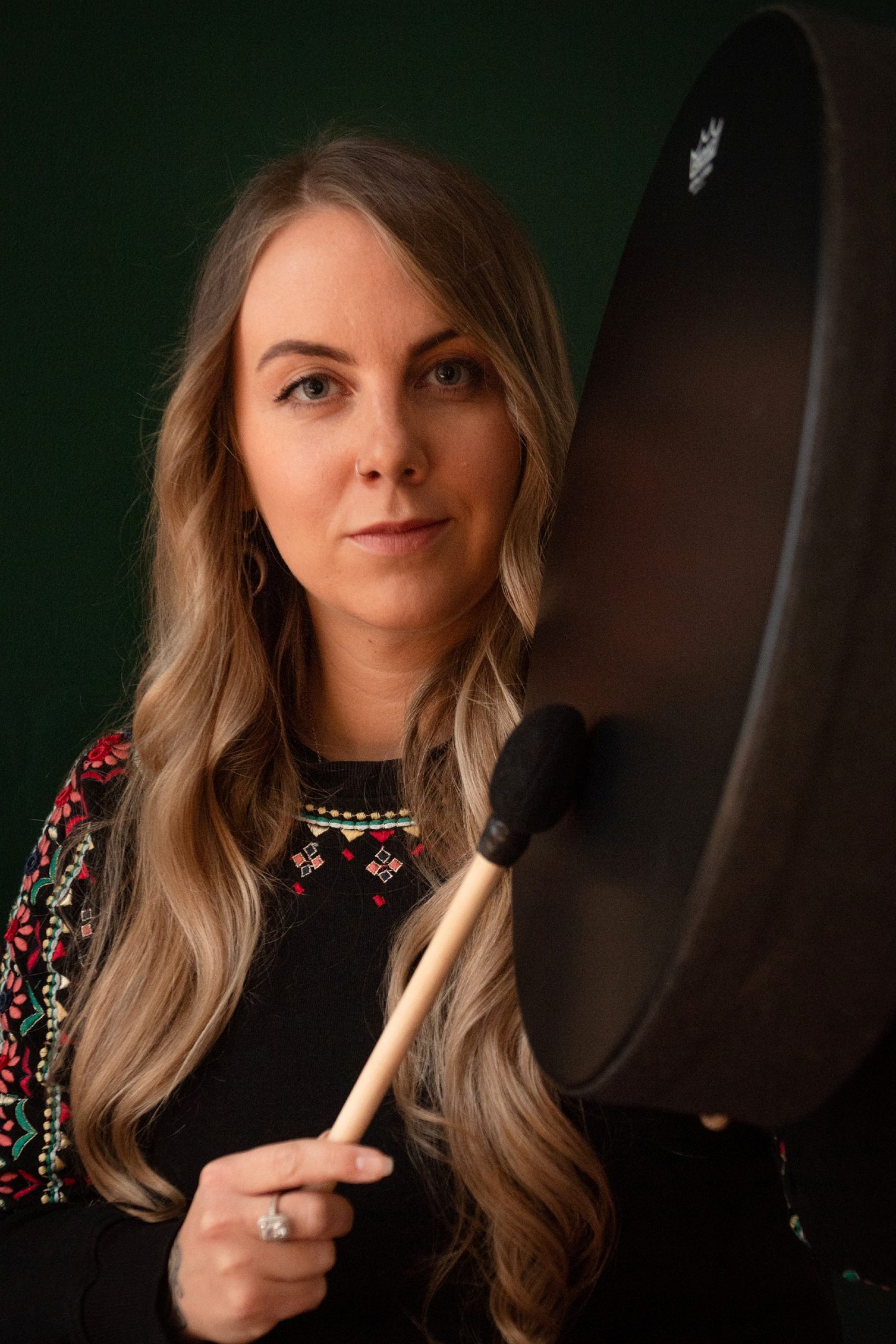
Conversation